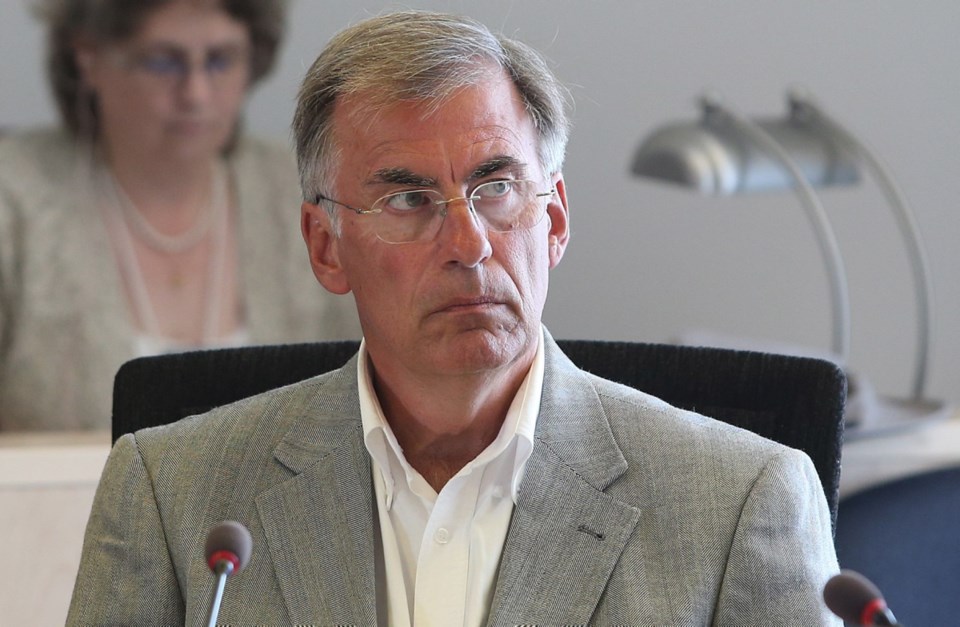A new economy that’s less reliant on bricks and mortar is making it difficult for B.C. municipalities to turn to property taxes to maintain and replace aging infrastructure, says a report to the Union of B.C. Municipalities.
“In the old days, if someone was creating jobs, they also created a great big building on a great big piece of land and paid more in property taxes. Now, there’s much more of a virtual economy and a service economy, so oftentimes when we attract a new employer or attract a new business, there’s not a lot of new property tax.” said Saanich Mayor Frank Leonard, one of the authors of the report Strong Fiscal Futures.
“It [property tax] doesn’t respond to economic growth anymore,” Leonard said.
While the property tax system is reliable, it is pretty much tapped out as a revenue source and doesn’t have the capacity to deal with future municipal needs such as repair and replacement of aging infrastructure, the report says.
“These weaknesses will become more apparent over the next 10 to 20 years, as servicing and infrastructure pressures continue to mount,” it says. “Without change, the increases needed to property taxes over this period will simply be unaffordable for many British Columbians, particularly lower-income earners.”
The report, to be debated at this month’s Union of B.C. Municipalities convention in Vancouver, recommends municipal financing be “renovated for the economy of today.”
The report advocates revenue sharing through creation of an Infrastructure Development and Community Building Bank designed to ensure that local governments share in the wealth if the economy performs above a set benchmark.
“We’re saying we just can’t go to the same taxpayer and ask for more money. We can’t ask for a new tax from the same taxpayer. So what we’re saying is let’s work with the [provincial] government to grow the economy and when they have a prosperous year — that is, when their revenues are higher than average — that they share some of that with us and put it into this bank,” Leonard said.
“So it’s essentially revenue sharing between the provincial government and local government in good years.”
The report also recommends making property taxes more responsive by:
• Ensuring local governments’ share of property taxes doesn’t fall below the current 65 per cent. (The province receives the other 35 per cent.)
• Providing local government with 100 per cent of property tax attributable to new development and construction, making the local share of property taxes more responsive to economic growth.
• Exploring means to empower local governments to provide a low-income property tax credit as a tool to help address the tendency of property taxes to fall more heavily on lower- income citizens.
Victoria Mayor Dean Fortin said something has to be done to provide municipalities with more revenue options. He said changes that would help lessen the burden on lower-income earners would be welcome.
“Property tax, which is generally the major revenue source for all municipalities, is very much a blunt hammer,” Fortin said. “Most of our tax system is based on what’s known as a progressive tax system where those with the ability to pay, pay more. We don’t have those options around property taxes.”
Fortin said there has to be an end to the “grant game,” where every year every municipality hopes its particular capital project gets funded through a senior government grant.
“We need a regular, reliable source of funding so we can do the long-term planning that needs to be done,” Fortin said.



